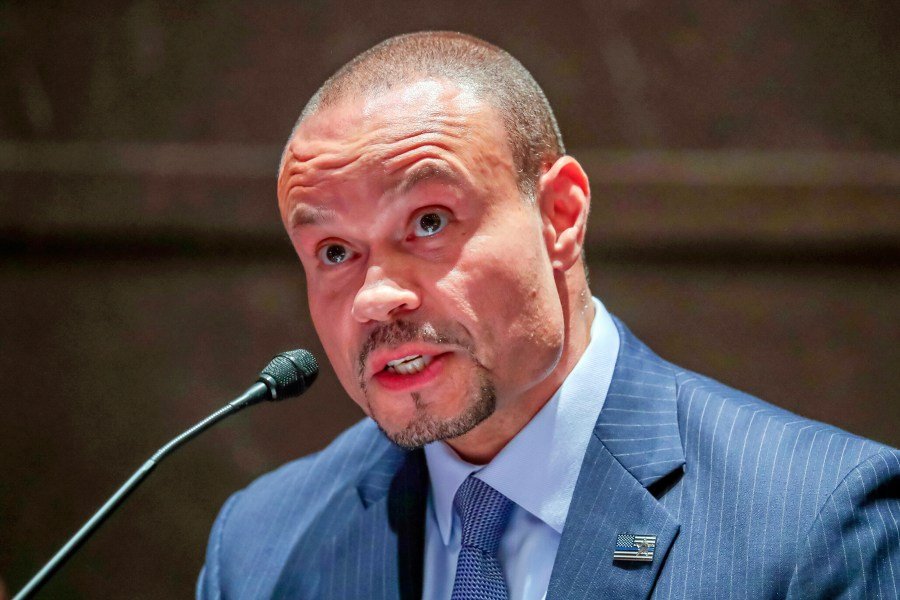U.S. Justice Department Faces Backlash Over Epstein Records – A 2025 Update
WASHINGTON, D.C. (AP) — In light of recent events, the U.S. Justice Department, along with the FBI, is grappling with increasing unrest among far-right conservative figures and loyal followers of former President Donald Trump. This week, the administration chose to withhold key documents related to the Jeffrey Epstein sex trafficking case, further complicating an already tense atmosphere.
The controversy intensified when officials revealed that a particularly sought-after document was never in existence, leading to a heated exchange between Attorney General Pam Bondi and FBI Deputy Director Dan Bongino at the White House. This confrontation highlighted existing rifts between the FBI and the Justice Department and came in response to reports detailing discord between the two.
The decision to not disclose additional records, despite overwhelming anticipation from the far-right, underscores the challenges faced by leaders at the DOJ and FBI in addressing conspiracy theories and heightened expectations they had inadvertently fueled. Frustrations among Trump supporters, who had hoped for transparency regarding perceived “deep state” cover-ups, have reached a boiling point, resulting in calls for leadership changes.
Monday’s announcement from the DOJ and FBI confirmed that Epstein had no "client list," directly contradicting earlier assertions made by Bondi. Despite having previously suggested the existence of critical documents, neither agency opted to release more information. They did provide a video aimed at substantiating that Epstein’s death in custody was a suicide; however, the absence of a crucial minute in the footage only fueled more conspiracy theories.
This incident is not an isolated occurrence for the Trump administration; prior promises to unveil vital evidence have often remained unfulfilled. In February, conservative influencers were presented binders labeled “The Epstein Files: Phase 1” at the White House, which contained primarily publicly available data.
Following those events, Bondi claimed an FBI source had identified numerous undisclosed documents, insisting on full access to the “Epstein files.” However, following an exhaustive review, the DOJ concluded earlier this week that further disclosures were neither necessary nor justified, noting that much of the material remained sealed to protect victims’ identities and that only a small portion would have been available had Epstein faced trial.
While the administration hoped that their recent memo would put the matter to rest, Bondi and Bongino’s fraught interaction in the White House hinted at deeper discord. Reports surfaced this week stating that Bongino might be considering resignation, leaving observers questioning the internal dynamics of the administration.
In response to growing turmoil, Deputy Attorney General Todd Blanche took to social media to assert the unified stance of the DOJ and FBI regarding the memo, dismissing claims of discord as unfounded.
The White House also attempted to quell the unrest, with spokesperson Harrison Fields affirming the administration’s cohesive effort to uphold law and order and ensure justice for victims.
As tensions persist and the investigation looms over the administration, the fallout from the Epstein case continues to challenge government officials in 2025.
This report includes contributions from Associated Press writer Michelle L. Price in Washington.

